Pests can be a significant nuisance and even a health hazard, but using harsh chemicals to eliminate them can pose risks to humans, pets, and the environment. Fortunately, there are several effective natural methods to control and get rid of pests. Here’s how you can manage common household pests without resorting to toxic chemicals.
Other Topics You Might Like
Helpful Products You Might Like
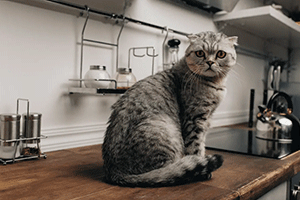
Product Name

Product Name
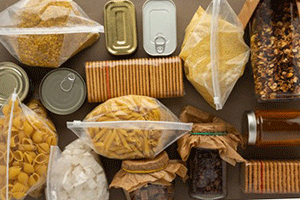
Product Name
"(Paid Links)" 
Common Household Pests
Ants
Ants are attracted to food and moisture, making kitchens and bathrooms common infestation sites.
Cockroaches
These pests thrive in warm, dark, and moist environments and can spread diseases.
Spiders
While many spiders are harmless, their presence can be unsettling.
Rodents
Mice and rats can cause significant damage and pose health risks.
Mosquitoes
These insects are not only annoying but can also transmit diseases.
Flies
Flies can contaminate food and surfaces with bacteria.
Natural Pest Control Methods
Ants
Vinegar Solution
Mix equal parts water and white vinegar and spray it around entry points and areas where ants are seen. Vinegar disrupts their scent trails.
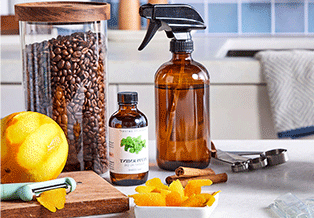
Essential Oils
Peppermint, tea tree, and lemon oils are effective ant repellents. Mix a few drops with water and spray around your home.
Cinnamon and Clove
Sprinkle ground cinnamon or place whole cloves near entry points to deter ants.
Cockroaches
Boric Acid and Sugar
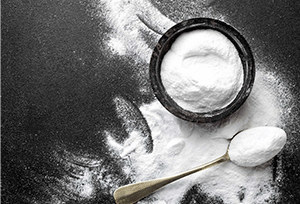
Mix equal parts boric acid and sugar and place it in areas where cockroaches are found. The sugar attracts them, and the boric acid kills them.
Baking Soda and Sugar
A similar method to boric acid, baking soda can also be mixed with sugar to create an effective bait.
Catnip
Catnip acts as a natural repellent for cockroaches. Place small sachets of catnip in infested areas.
Spiders
Essential Oils
Peppermint oil is particularly effective against spiders. Mix a few drops with water and spray in corners, windowsills, and other spider-prone areas.
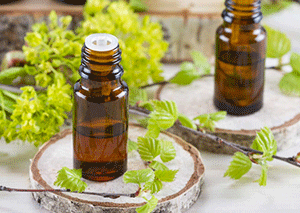
Vinegar
Spray a solution of water and vinegar around windows, doors, and other entry points to repel spiders.
Chestnuts
Place chestnuts around your home, as they are known to repel spiders.
Rodents
Peppermint Oil
Rodents dislike the smell of peppermint. Soak cotton balls in peppermint oil and place them in areas where rodents are likely to enter.
Steel Wool
Use steel wool to seal gaps and holes where rodents might enter. They cannot chew through the steel wool.
Humane Traps
Use live traps to capture and release rodents far away from your home.
Mosquitoes
Lemon Eucalyptus Oil
This natural oil is a powerful mosquito repellent. Mix it with a carrier oil and apply it to your skin or diffuse it in your home.
Citronella
Use citronella candles or oil to keep mosquitoes away from outdoor areas.
Eliminate Standing Water
Mosquitoes breed in standing water, so regularly empty any containers that collect water.
Flies
Apple Cider Vinegar Trap
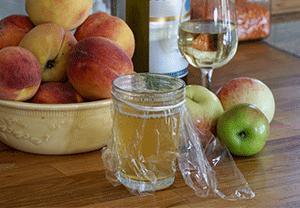
Fill a bowl with apple cider vinegar and cover it with plastic wrap. Poke small holes in the wrap to allow flies to enter but not escape.
Basil and Mint
Flies dislike the smell of basil and mint. Place pots of these herbs around your home.
Cloves and Lemon
Stick cloves into a lemon and place it in areas where flies are a problem.
Preventative Measures
Cleanliness
Regularly clean your home, especially kitchen and dining areas, to remove food sources that attract pests.
Proper Food Storage
Store food in airtight containers to prevent pests from accessing it.
Sealing Entry Points
Inspect your home for gaps, cracks, and other entry points and seal them to prevent pests from entering
Regular Maintenance
Keep your home in good repair, fixing leaks and other issues that can create hospitable environments for pests.
Conclusion
Controlling pests without harsh chemicals is possible and beneficial for your health and the environment. You can effectively manage common household pests by using natural repellents, creating traps, and maintaining a clean and well-sealed home. Implementing these methods consistently will help ensure a pest-free home without the need for toxic chemicals.
